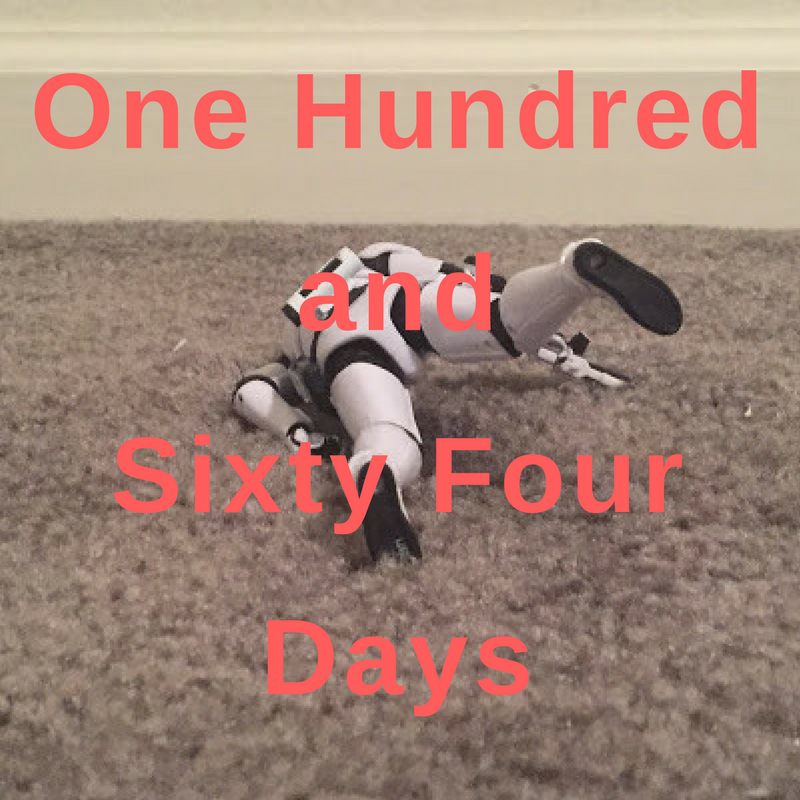Son 'O' ThotsI think someone should hire me to be a network television executive. I've got a great idea for a television program called "The Hunter".
"The Hunter" would be a weekly show slightly in the vein of the
The Fugitive or
The Hulk, or perhaps
The Pretender (if anyone remembers that), but without any overarching story elements. Basically, we follow our lead character, the titular, unnamed "Hunter" as he travels all across America, coming to a different town and meeting a whole new cast of characters every episode. And killing someone.
Who's it going to be this week? The story possibilities are nearly endless. One week it'll be the kindly old widower who helps the neighborhood children make box kites. The next week, it'll be a lonely, slightly neurotic schoolteacher who lives by herself. The next, a happy-go-lucky mentally challenged man who gofers down at the local garage. Ever week, The Hunter comes to town, insinuates himself into the lives of his prey, and then hatches intricate, infinitely cruel plots to kill them.
I'm envisioning this as a great spotlight for modern day character actors. Every week you need a new victim, so you could conceivably snag some of the best actors in show business to do episodes. The concept is such that, if it was a success, it could last for years and years. And if the actor playing the Hunter ever got tired, well, then they could do a "Very Special Episode" where the Hunter becomes the Hunted, and the mantle is passed to a new actor, sort of like how they get a new Doctor Who every few years.
I think it'd be brilliant.
Why are they cancelling
Justice League Unlimited? Is it just because I like it? I suspect so.
Look, people, it's pretty simple: I haven't bought a
Justice League comic in years and years, but I never miss the
Justice League on TV. They do the superhero action better than most of the people who do the characters for the actual comics. The show has never been less than thoroughly enjoyable. It's almost tempting to say that these are quite possibly the best Justice League stories that have ever been told. They've made the Shining freakin' Knight cool again -- which is something even Grant Morrison was unable to accomplish.
I don't understand the economics of childrens' programming. In normal network television, if a show is popular, it continues to be produced for as long as it continues to be profitable. While sitcoms and actor-specific series are retired when the actors get tired or grow old, ensemble shows can continue for decades with a shifting cast. Last I checked
ER was still on the air, and that's been on for, what, ten years? Fifteen? Something like that. I'm assuming people still watch it because they still make it.
So why don't they treat cartoons the same way? They don't even have to worry about actors getting older or getting tired. They can replace writers and artists at will to keep the show fresh (ideally, that is). So why do most childrens' shows, even the popular ones, have finite lives? Now it's true that some evergreen properties, like Scooby Doo and the Transformers, have been around in one form or another for decades, but it's not quite the same thing. Why do they have to mess with success?
Is it just because they're pushing that new Batman cartoon on saturday mornings? I don't know how Warner Brothers makes their decisions, but if they paid any attention to how Marvel does things, they would see that having multiple iterations of Spider-Man and Wolverine in the public eye hardly damages those characters' appeal. All I know is that the show used to be a mainstay of the Cartoon Network's schedule and now it keeps getting shifted around and pre-empted for specialty programs, pretty much the classic network code for trying to get rid of something. Do the toys not sell? Are the ratings tanking (which might just be happening with the shifting schedule)? I'm honestly curious, because as rare as it is that I really, really like a show like
Justice League, it's a shame to see it go the way of the dodo. It's a much better superhero vehicle than 99% of the books on the shelves today. With the right approach, it could conceivably run for many years to come, focusing on all the different characters introduced over the last couple seasons.
Ah well. Such is life. I'll get over it, I'm sure.
For a long time now, man has debated the existence of the theoretical Most Nerdy Object Ever.
Mike has long championed the scale-model
Han Solo in Carbonite, which is a hard choice with which to disagree. Despite the fact that I have received independent corroboration that someone I actually know (most certainly
not a pimple-faced virgin, either) possesses one of these monstrosities (no, 'tis not my secret to tell), I still must concur that this is a hard candidate to beat.
My own personal nominee was the Composite Superman action figure -- a choice I still think holds considerable merit. True, it's nowhere near as expensive as the Han Solo, but the relative cheapness of a small piece of plastic compared to a giant movie prop is part of the charm. I mean, let's be honest, Han Solo costs, what, four or five thousand dollars? You're not going to be able to drop that kind of money on a movie prop unless you've found some modicum of success in life, or are perhaps independently wealthy. Having that kind of money lying around mitigates the sting of extreme nerdishness a wee bit. I mean, sure, Bill Gates is so painfully nerdy he probably designs Venn Diagrams with which to categorize Neil Peart's live drum drum solos since 1978, but last I checked he was the richest man on earth and also married to a fairly hot chick. There's a definite argument to be made that success mitigates nerdishness, at least in part.
But the Composite Superman? Less than twenty dollars. You can have one of those easily. Anyone living in their dank, dreary, Cheetos-stained, grape soda-stinking basement apartment with soiled Jeri Ryan as "Seven of Nine" posters covering every available wall surface can look to the Composite Superman figure as the ultimate apotheosis of their feeble existence, and gain some sort of spiritual succor from this totem as they wake in the morning to begin another day of pulling double shifts as assistant manager down at the local Kinko's. That, to me, is sadder still than the Han Solo, because you know that anyone dropping five grand on a movie prop might conceivably at some point in time have slept with an actual lady, even if they had to pay for it.
Anyway, all this is simply means of introducing a new challenger to the title. Ladies and Gentlemen, I give you the Weaponeer of Quard.

If you doubt the nerd provenance of this humble figure, I ask you to simply imagine explaining the Weaponeer of Quard's basic premise to an interested bystander and not sounding like a raving psychotic. There's an even chance that even a disinterested normal person might recognize the Han Solo in Carbonite, but the Weaponeer, in addition to being rather freaky to look at, is almost comically obscure. All of which only adds to the tragedy.
Incidentally, just so no one thinks I'm trying to peremptorily elevate myself from the nerdy masses, let me just point out for the record that I had to go through the preceding passage to ensure that I had spelled carbo
nite correctly, instead of accidentally typing carbo
mite, which would have been a rather unusual crossover.
Also, did anyone catch this last weekend's
Robot Chicken? During a rather unfunny skit that featured Goku (from
DragonBall Z) fighting an
Akira-fied Phyllis Diller, there was a brief appearance by a character called the "Composite Santa Claus" -- half-Santa, half Frosty the Snowman, split right down the middle. Is there a more obscure nerd reference possible for a television program seen by millions of people across the planet to make? I seriously, seriously doubt it.
Why does everyone discussing the Pixies'
Doolittle feel obliged to point out that they hate "Silver"? I swear, I've run across that idea in every article or blogpost I've seen about the album in months. Am I the only one who not only likes "Silver" but thinks it one of the album's highlights? Hello? Anyone? Is this thing on?
Scanning over July's DC covers, it occurs to me that Dorian must be overjoyed to see Wildcat appearing prominently in so many places. It's like he's the new Wolverine, only slightly less homoerotic.
Anyway, I was happy to see this cover, as it features yet another homage to my favorite weird Golden Age cover --
All-Star #3, AKA the Everyone Is Jerking Off Under the Table Except for Hawkman, Because He Likes to Watch cover. They just keep using it, and I laugh
every single time.

Gotta give Perez the credit though, he can actually draw characters who look younger or older, depending on their actual age, instead of just slapping a few wrinkles on a stock facial expression. Not that I think the presence of Real Live Old People is probably much in the way of a commercial
draw for the prospective buyer, but hey. Who would have thought that a bunch of superheroes pleasuring themselves under the table would prove such an enduring motif?



























